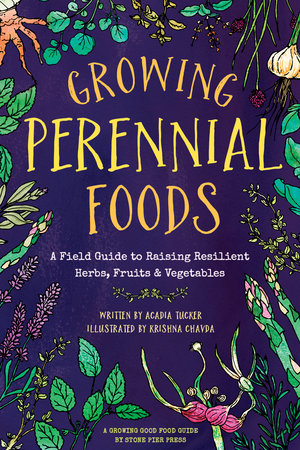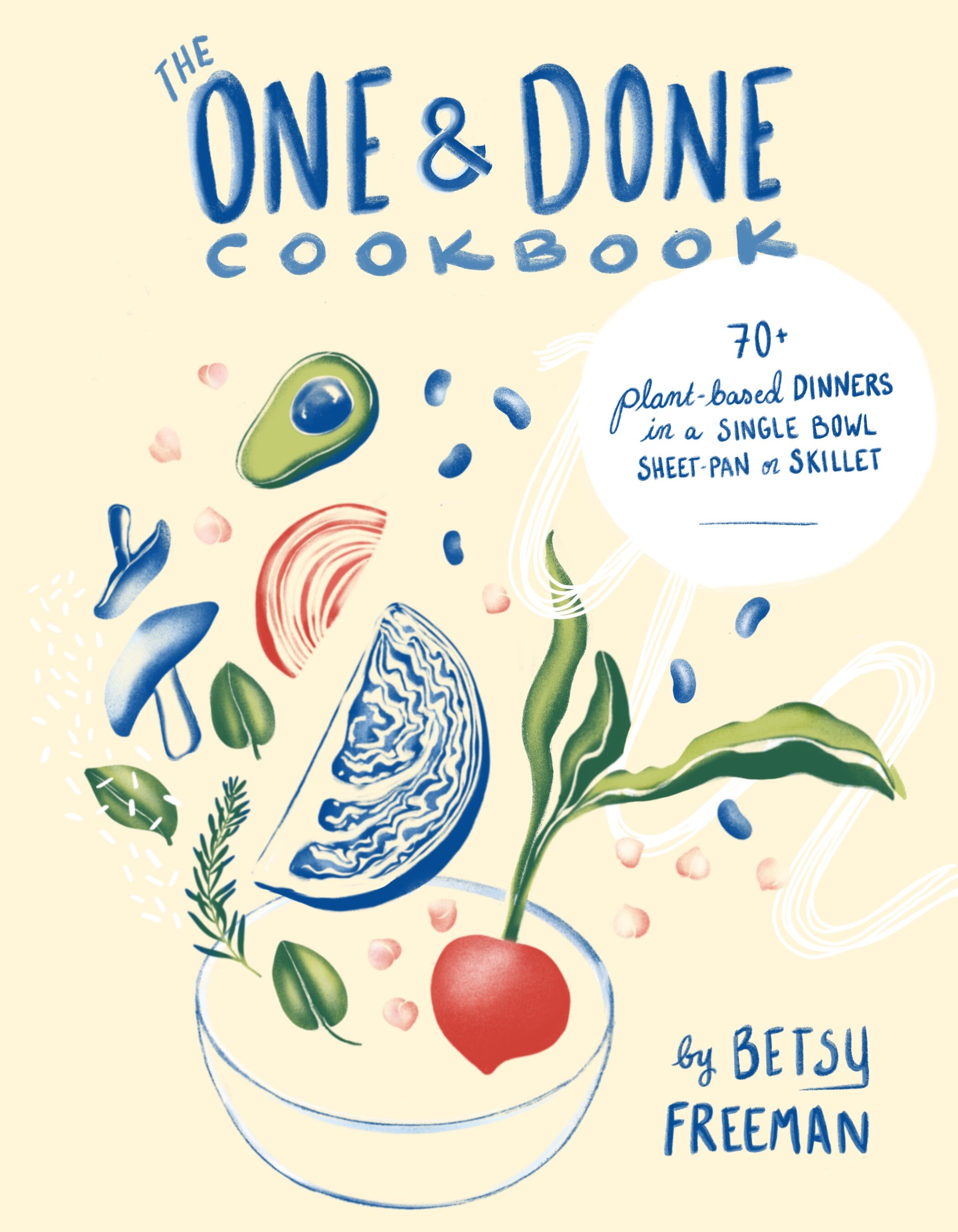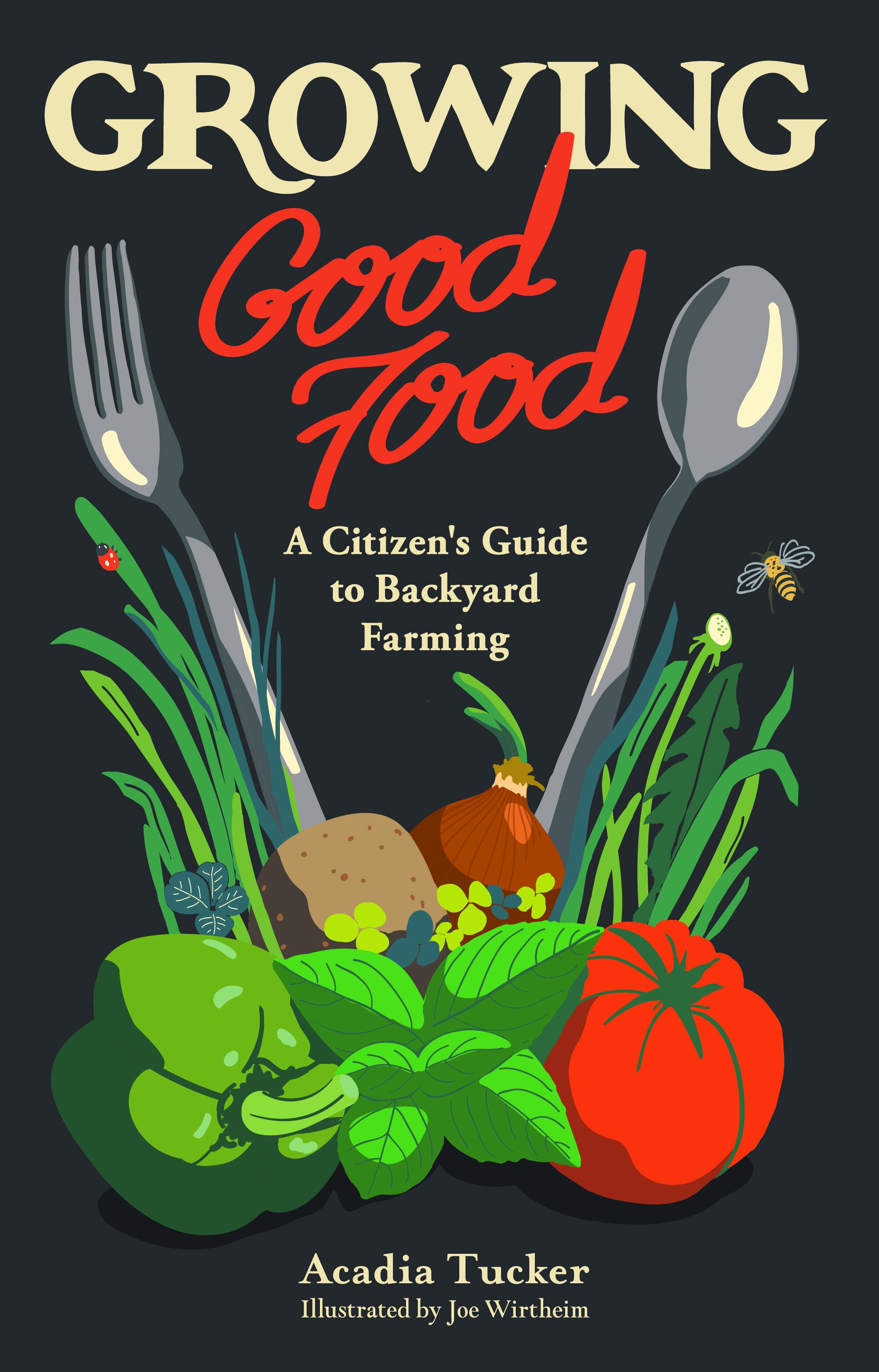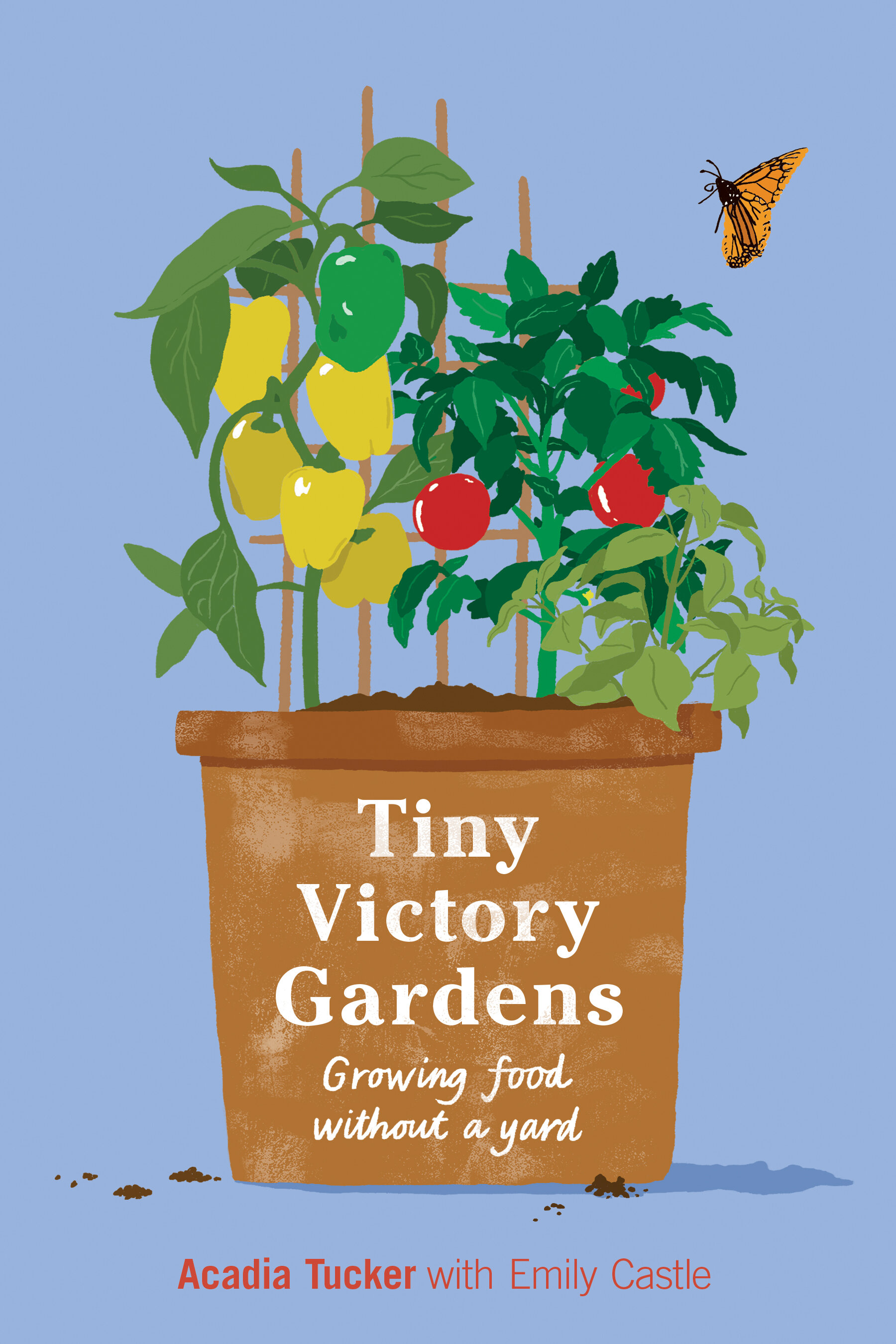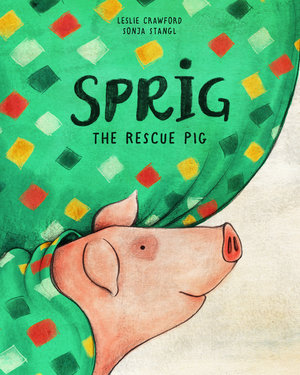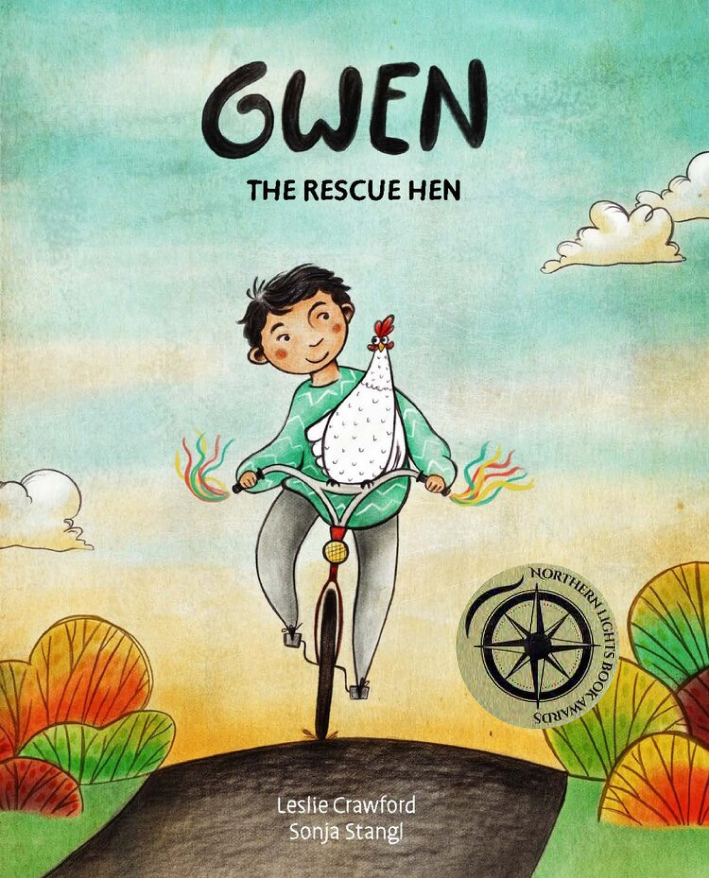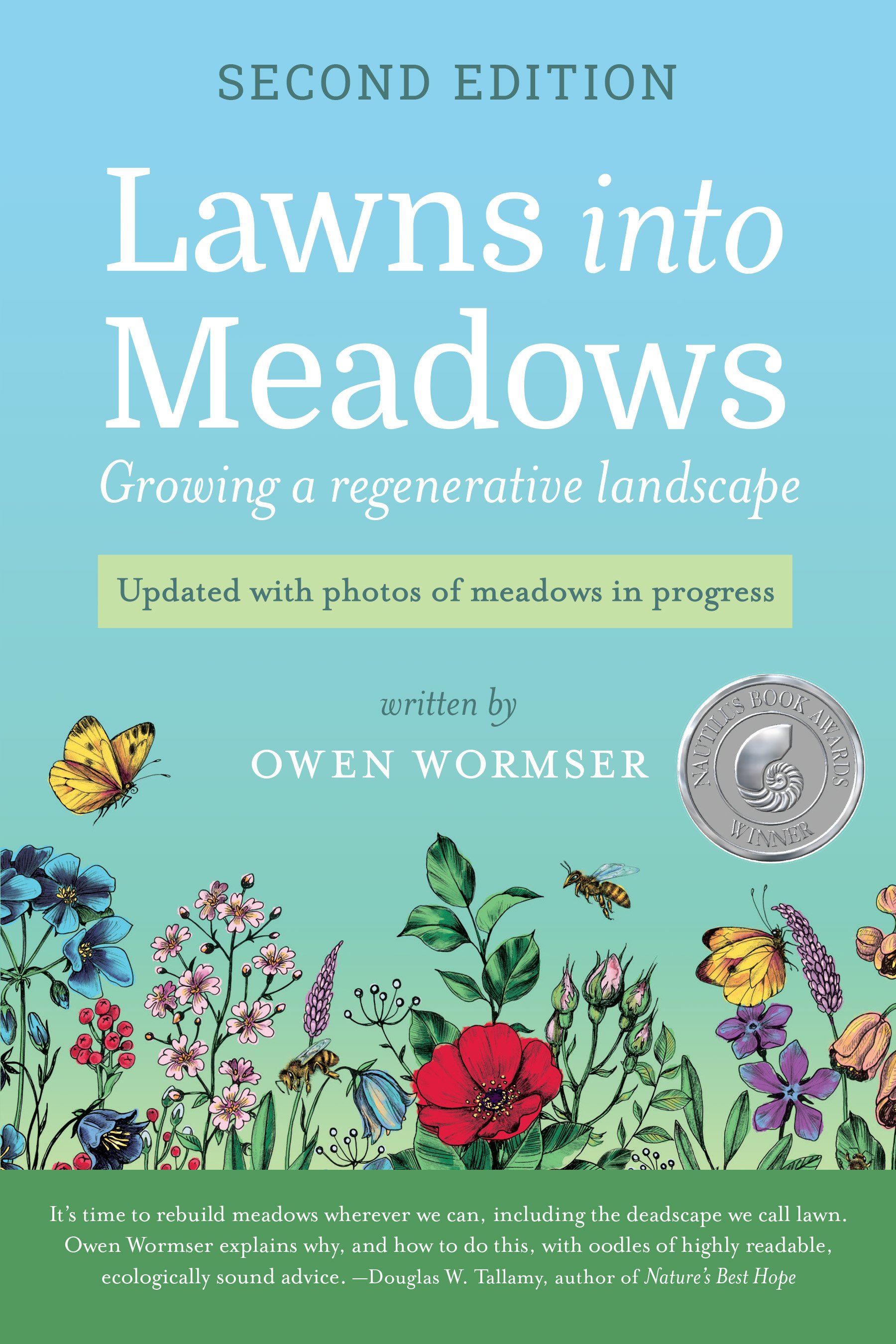Celebrating female farmers
Female Farmer Project founder Audra Mulkern uses film and podcasting to tell the stories of the many women now growing food for a living. Photo source.
When retired Microsoft employee and former stay-at-home mom Audra Mulkern first decided she wanted to connect with the people growing food in her small community outside Seattle, she couldn’t find any farmers markets. That was six years, and many farmers markets, ago. She decided to start photographing the rise of farmers markets in her region, and quickly fell in love with what she saw. “It felt like an outdoor gallery to me,” she says. “The farmers market was this beautiful passage to the world of connectedness.”
“It felt like an outdoor gallery to me. The farmers market was this beautiful passage to the world of connectedness. ”
Her quest to understand more about food growers brought her into contact with dozens of female farmers, and raised a lot of questions. But when she went to the library to find out more about women farmers, she found almost no modern record keeping.
The number of women working as principal food growers has exploded recently. Photo source: Female Farmer Project
And so, almost by accident, The Female Farmer Project was born. Through personal essays, photographic portraits, a podcast, and an in-development documentary film, Mulkern gives voice to agriculture’s fastest growing demographic—the female farmer. She wants to connect women in agriculture with other women who are farming, or want to start. Turns out there are lots of them.
Globally, women make up almost half the agricultural workforce. Between 1997 and 2017, the number of women working as the principal producers on U.S. farms grew from 209,700 to 766,500, according to the latest U.S. Department of Agriculture’s (USDA) 2017 Census of Agriculture, making women farmers the fastest growing demographic in the industry.
As part of a multi-platform documentary project highlighting the rise of women in agriculture, Audra Mulkern hosts conversations with female farmers.
One of them is Acadia Tucker, a member of the Stone Pier Press team and recent guest on Mulkern’s podcast. Tucker, author of Growing Perennial Foods: A field guide to raising resilient herbs, fruits & vegetables (Stone Pier Press), is a regenerative farmer and writer living in New England. She has also published Growing Good Food: A citizen’s guide to climate vicgtory gardening, and Tiny Victory Gardens: Growing food without a yard.
In her interview with Mulkern, Tucker explains how her love for growing food drove her to embrace climate activism. Here’s the full interview. (The following clip has been edited slightly.)
“I’ve come to realize caring for the soil is the most important thing we can do as individuals and as a society, because it is life. ”
FFP: What were your biggest concerns when starting your farm?
AT: Initially I was focused on getting the nuts and the bolts of the farm taken care of, making sure we had something to grow and someone to buy it. But over the years I couldn’t help but notice how much the climate is changing. We had these crazy droughts all summer long, where it would maybe rain once a month. And then in the winter we had these torrential rains that would drop three inches of rain in a day. You could see how that hurt the land—the droughts would parch the land and it would be dry and cracked. When the rains came they would wash away any soil we managed to build up.
I could see that what we were doing, though it might not have been wrong, wasn’t the best way to handle the variables that were thrown at us. So I went back to school to get my Masters in Soil Science and Water Management. While studying the soil I found this link between its ability to buffer the extremes of climate change and helping us mitigate all these issues that we’re seeing—and are going to see a lot more of.
“Without soil there is no food, there is no life, there is no us.” - Acadia Tucker Photo source.
Why your emphasis on soil?
I’ve come to realize caring for the soil is the most important thing we can do as individuals and as a society, because it is life. Without soil there is no food, there is no life, there is no us. I also see how little respect we have for it. That’s kind of what led me to write these books: to inspire new gardeners to pick up a trowel and farm in a way that benefits the soil and the climate, because it’s easy. I often joke that conventional farming is a lot harder than what we call regenerative farming, which is caring for the soil. There are so many more steps and processes involved. With regenerative farming, once you build your ecosystem, it sits and almost takes care itself.
Who’s the primary audience for your books? Why should someone buy them?
“Every gardener can do their own small part, which is a lot better than doing nothing at all. ”
The books are primarily for people who have never gardened before. All the gardening books I’ve read over the years—and I’ve read dozens and dozens—have been a bit hard to understand if you don’t already know what they’re talking about. I think this can be a barrier to people who want to try it for themselves. In my books I tell you in practical terms how to get from A to B. But it’s not a dry guide. I share plenty of personal stories, too.
The books are also for gardeners who care about the climate and want to do their small bit. Sometimes I read the news and feel very overwhelmed. I mean, how are we going to fix this? But then I think about the plants I have in my backyard and I know I’m doing my part. Everyone else can do their own small part, too, which is a lot better than doing nothing at all.
Katie Ketchum is a Stone Pier Press News Fellow based in Denver, Colorado.





